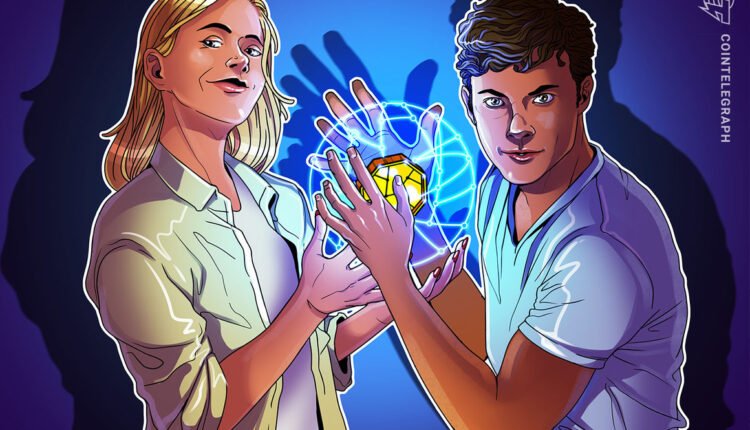[ad_1]
Decentralized autonomous organizations (DAOs) have become a rage in the ever-expanding crypto ecosystem and are often seen as the future of decentralized corporate governance.
DAOs are organizations without a centralized hierarchy and were intended to work in a bottom-up manner so that the community collectively owns and contributes to the decision-making process. However, recent research data suggests that these DAOs are not as decentralized as they were intended to be.
A recent report from Chainalysis analyzed the workings of ten major DAO projects and found that on average, less than 1% of all holders have 90% of the voting power. The finding highlights a high concentration of decision-making power in the hands of a selected few, an issue DAOs were created to resolve.

This concentration of decision-making power was evident with the Solana (SOL)-based lending DAO Solend. The Solend team tried to take over a whale’s account and execute the liquidation themselves via over-the-counter (OTC) desks to avoid cascading liquidations across the DEX books.
This is pretty wild. The Solend team wants to take over the whale’s account and execute the liquidation themselves. The whale’s position is so degenerate that if SOL drops too low it will create cascading liquidations across the DEX books (and potentially bad debt). “DeFi” https://t.co/TEVKz18NSm pic.twitter.com/2A3t2fOhnl
— FatMan (@FatManTerra) June 19, 2022
The proposal to take over was passed with 1.1 million “yes” votes to 30,000 “no” votes, however, out of these total “yes” votes, 1 million came from a single user holding large amounts of governance tokens. The vote was later overturned after a heavy lash back.
Related: How a DAO for a bank or financial institution will look like
The Chainalysis report highlighted that although all governance token holders have voting rights, the right to make a new proposal for the community and to pass it is not very easy for everyone, given the number of tokens required to do so.
The report estimated that between 1 in 1,000 and 1 in 10,000 governance token holders have enough tokens to create a proposal. When it comes to passing a proposal only between 1 in 10,000 and 1 in 30,000 holders have enough tokens to do so.
The decentralized finance (DeFi) ecosystem accounts for 83% of all DAO treasury value held and 33% of all of the DAOs by count. Apart from DeFi, venture capital, infrastructure and nonfungible tokens (NFTs) are other ecosystems that have seen a rise in number of DAOs.
[ad_2]
Source link



